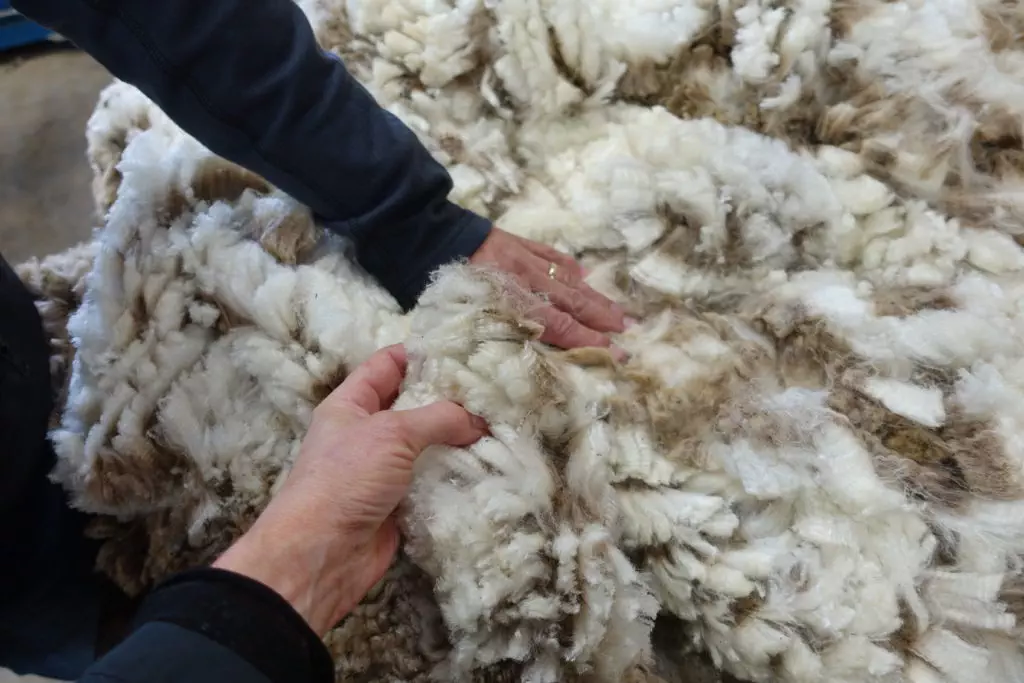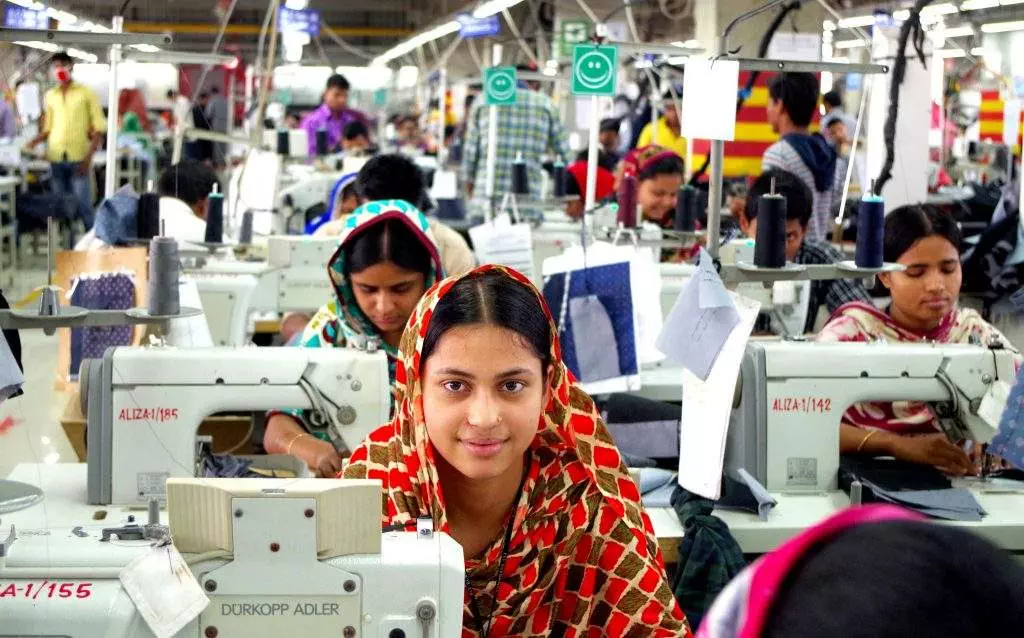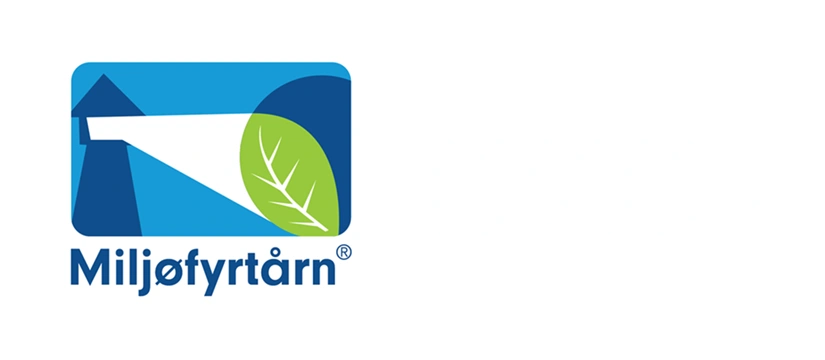Bærekraft 17
Bærekraft 17 er et innovativt pilotprosjekt i regi av Etisk handel Norge og offentlige virksomheter. Medlemmer og ikke-medlemmer kan delta. Bærekraft 17 skal gi bærekraftige og effektive anskaffelser av høy kvalitet, som fremmer respekt for grunnleggende menneskerettigheter i risikoanskaffelser. Prosjektet er nå inne i en evalueringsfase hvor rapport med anbefalinger videre vil avjøre hva […]
South Africa

The purpose of this project is to strengthen both sustainability and climate change resilience in the South African wool industries through improving the productivity and quality of poor communal wool farmers, capacity building of factory workers and increased market access, so that the wool industry can provide a living income and secure decent jobs in […]
Bangladesh

The Joint Ethical Trading Initiatives (JETI) have been working in Bangladesh since 2014, implementing a social dialogue (SD) programme to facilitate and improve dialogue between workers and management, while building workers’ ability to represent their needs. The programme is supported by Norad (until Dec. 2020), the UK FCDO, HSBC and the Dutch Government (expected 2021). […]

